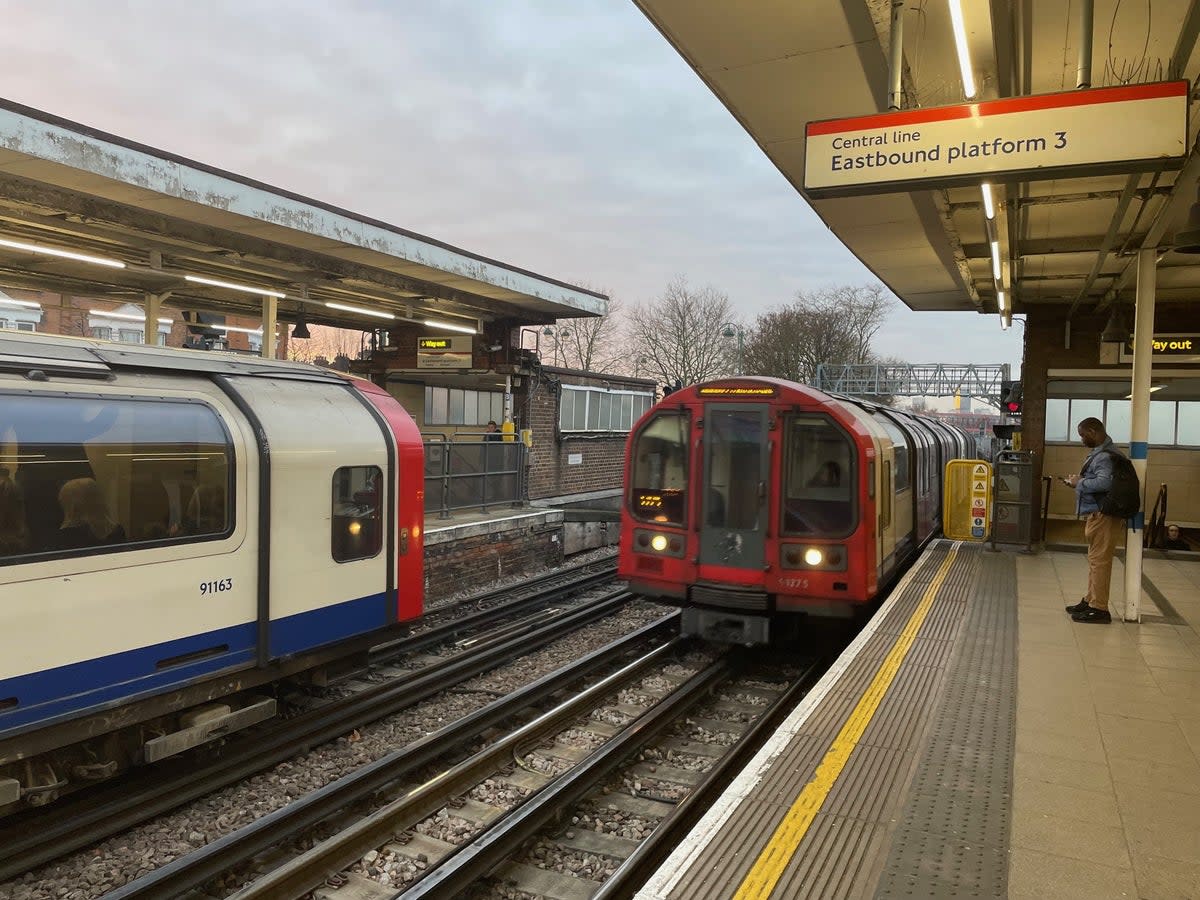London Underground: Central Line chaos laid bare as Sadiq Khan apologises for severe delays

Full details of the cause of the chaos on the Central line can be revealed as Mayor Sadiq Khan on Friday apologised to passengers for weeks of delays and overcrowding.
The line has been operating at times with barely half of the 78 trains required to run a peak service, the Standard has learned.
This is because the ageing motors on the trains, which date to 1992, are suffering catastrophic failures and have to be taken out of service to be replaced.
Sources said the number of trains available over the last fortnight had ranged from 44 to 66, and typically little more than 50.
This has resulted in delays of up to 15 minutes between trains at peak times and massive overcrowding. The line is the longest and one of the busiest on the London Underground, carrying about 200m passengers a year.
On Friday morning Transport for London again warned of “severe delays due to a shortage of trains”.
TfL received some refurbished motor parts last week and said repairs were “progressing well”, with several trains due to re-enter service in the coming weeks.
But it admitted: “While this should help improve the service, the motor failures are still occurring at a higher rate than we’ve experienced before and some disruption to normal service levels is likely to continue for some months.”
Mr Khan came under pressure at City Hall yesterday to outline how much of his £21bn annual budget would be spent “sorting out the mess that is the Central line”.
Andrew Boff, the Tory chairman of the London Assembly, told him: “The complaints of the experiences of commuters on the Central line have now filled up Twitter and every other form of social media.”
Mr Khan said: “Can I apologise [to] all those who have been struggling with the Central line in recent days.
“I will make sure that TfL colleagues let Central line passengers know the progress of improvements in relation to some of the challenges that have been faced in recent days.”
The Central line fleet is undergoing a £500m modernisation that aims to keep the trains running for another 10 to 15 years. TfL cannot afford to replace the fleet at the same time as replacing the Piccadilly line trains, which is costing £1.6bn.
Five Central line trains at a time are taken out of service for 10 weeks and rebuilt at a new depot in Acton. The refurbished trains then have to be tested – delaying their full reintroduction.
The upgrade includes replacing the DC motors with new AC motors to prevent “flashovers” that result in the trains losing electrical power.
The CLIP (Central line improvement programme) project will take until 2029 to complete.
The first of the refurbished trains partly re-entered service on November 24 but had to go back to the depot for further modifications. It is not expected to be ready until February 21, when it will be tested on the western section of the Central line. The refurbished trains have to be re-certified to allow them to run in tunnels in central London. Software upgrades could also take “several years” to complete.
The next fully refurbished train is not due until August. Two “prototypes” are being rebuilt. A fifth train is at Acton and has been stripped back and awaiting welding. A sixth will have to be moved by road from its depot at Hainault to Acton because it is too poor a condition to go by rail.
Nick Dent, TfL’s director of customer operations, said: “We have experienced an abnormally high number of defective traction motors that has required us to take several trains out of service and implement an amended timetable.
“Our engineers are working extremely hard to get as many trains into service for customers as possible and in the meantime we are advising Central line customers to allow more time for their journeys."

 Yahoo News
Yahoo News 
